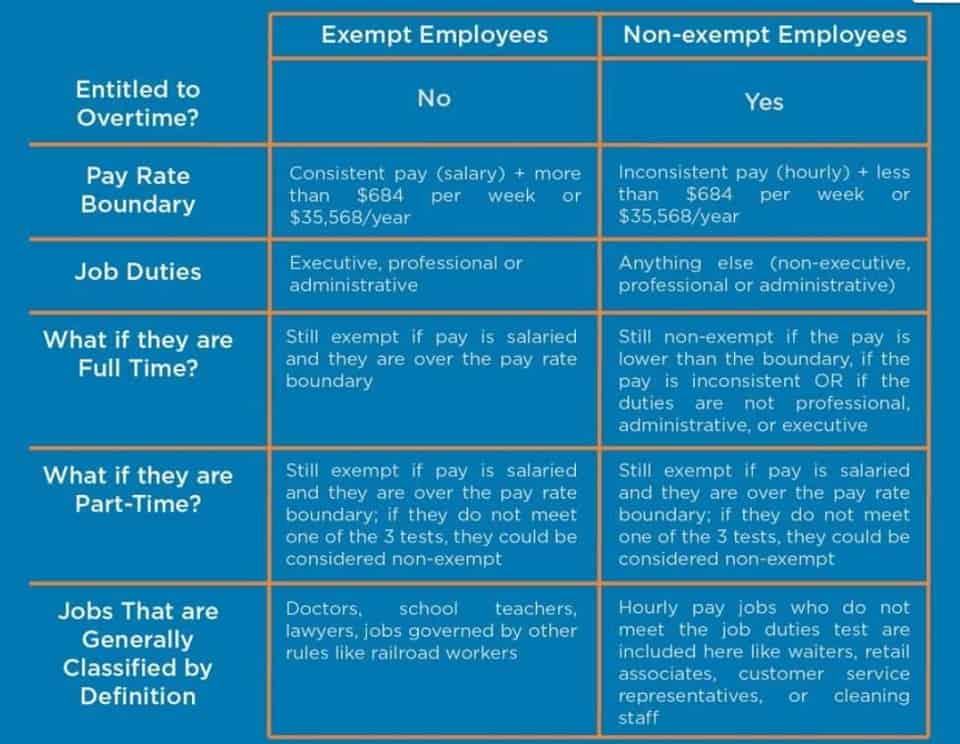Alcohol and Anxiety: Dangers of Stressful Withdrawal Symptoms
Do you ever notice yourself feeling a little out of sorts the day after you drink? Having a substance use disorder can also increase the chance of having an anxiety disorder. It’s also possible for chronic alcohol use to contribute to existing anxiety or lead you to develop an anxiety disorder. But if drinking never can alcohol cause panic attacks ends, and the alcohol use becomes chronic, you might begin to see how anxiety and alcohol misuse can feed into each other. In fact, drinking can change the chemistry of the brain in a way that actually makes anxiety worse. Knowing how alcohol affects anxiety may make it less tempting to have a drink to cope.
- Your mind races, maybe your palms sweat, maybe you get a stomachache.
- This becomes even more true if a person has an anxiety or panic disorder.
- Drinking alcohol on a regular basis can result in your body building up a tolerance to this substance over time.
- If you are experiencing regular panic attacks, you need to ask for support.
Reports of alleged poisonings emerged over the weekend when a man was hospitalized in the northern Adriatic port of Rijeka after drinking fizzy bottled water in a cafe. On Tuesday, a university student was hurt after reportedly drinking Coca-Cola. ZAGREB, Croatia — Authorities in Croatia recommended Wednesday that people drink only tap water as they investigated reports of several people sickened or suffering throat injuries allegedly after consuming bottled beverages. Although panic attacks are frightening no matter where you are, it's important to know how to handle ...
Signs Of Panic Attacks And 6 Ways To Handle Them At Work
Not only that, but alcohol consumption releases cortisol, the stress hormone, and interferes with quality sleep—and then decreases the ability to regulate emotions the next day. In a 2021 study published in the journal Alcohol and Alcoholism, participants reported reduced emotional regulation after a night of drinking, and they were more likely to rate images presented to them negatively. A person with an anxiety disorder is three times more likely to develop an alcohol use disorder at some point in their life compared to someone who has never been diagnosed with anxiety. It does so by binding to GABA receptors in the brain—which helps your body to relax and your mind to feel calm. Alcohol is believed to mimic this effect by also binding to GABA receptors. That’s why drinking can help you feel relaxed in the short-term, especially in social situations.
This increase can lead to a drop in your blood sugar (glucose) levels, and when this is too low it is known as hypoglycaemia. The symptoms of low blood glucose include trembling, an elevated heart rate, and feeling anxious or in a low mood. It is not recommended to use alcohol as a coping mechanism to avoid panic attacks and feelings of anxiety, as this can make the initial problem worse in the long term. However, evidence shows that there is a direct link between alcohol and panic attacks. When we reach for alcohol in an effort to calm the symptoms of anxiety and panic, we can become trapped in a vicious cycle that may eventually lead to a physical or psychological addiction. Many people believe that alcohol is an effective self-medication technique for coping with anxiety and panic attacks, due to the initial sedative effect and feelings of calm that this substance provides.
Why People Use Alcohol for Anxiety
Although these are typical symptoms of a hangover, via biofeedback, they can trick your brain into having a real one. However, the road to recovery is never an easy one, and the individual has to be persistent and receive appropriate support, both personal and medical. This is why you may find yourself wide awake in the middle of the night if you've overdone it the night before. Alcohol's boost to glutamate may contribute to anxiety well into the following day—in fact, low-glutamate diets are currently being studied in veterans with PTSD, reports a 2022 issue of Frontiers in Psychiatry.
- Hangovers can also add to the stress, if a person can’t function, or has to miss work/school.
- Addiction Resource does not offer medical diagnosis, treatment, or advice.
- Many alcoholics will experience early withdrawal symptoms as part of their hangover, but the symptoms will disappear as soon as they start drinking.
- Alcohol anxiety after a long night of drinking is more common than one would imagine.
Hangxiety is more prevalent for people who are prone to anxiety, especially those who use alcohol as a social lubricant to quell their nerves. What’s more, those temporary calm vibes will likely be interrupted by an anxiety rebound. “People who already have a pre-existing anxiety disorder, even if it's a small one and kind of underlying everything, whatever they have quieted by drinking the alcohol, that can come back full force or even worse,” Dr. Iyer says. It’s common for people with social anxiety disorder to drink alcohol to cope with social interactions. Doing this can lead to a dependence on alcohol during socializing, which can make anxiety symptoms worse.
Alcohol and Anxiety the Next Day
As Dr. Greenfield puts it, “Time is on your side.” Just breathe, take care of yourself, and remember that hangxiety isn’t forever. Excessive consumption of alcohol causes dehydration, which can make you feel dizzy and increase your heart rate. Alcohol is a diuretic, which means that it causes excessive expulsion of liquid from the body via urination. For every drink you have, you urinate as much as 50% to 100% more water, and this water is taken from other parts of the body. This is a slippery slope that can easily spiral into a devastating addiction, make your panic attacks and anxiety worse in the long term. When you drink alcohol your brain releases a burst of serotonin that can make you feel euphoric and confident, only to crash when you stop drinking and your serotonin levels are lowered dramatically.
How to manage anxiety and fear - Centre for Mental Health
How to manage anxiety and fear.
Posted: Tue, 16 May 2023 12:58:06 GMT [source]







